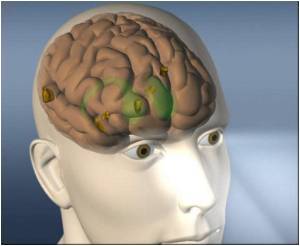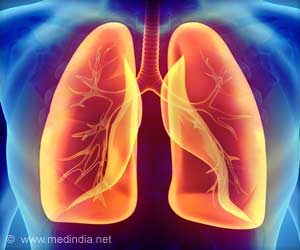In what is so far the largest investigation of its kind, researchers uncovered a wide range of new insights about common diseases and how they are affected by differences

Disturbances in metabolism are at the root of a variety of human afflictions and complex diseases. Although many of the genes that contribute to these conditions have been identified since the completion of the Human Genome Project in 2003, it is still not known how metabolic disorders related to these genetic aberrations disrupt cellular processes.
One hundred years ago, Archibald Garrod, one of the fathers of modern biochemistry, realized that inborn errors in human metabolism are "merely extreme examples of variations of chemical behavior which are probably everywhere present in minor degrees" and that this "chemical individuality [confers] predisposition to and immunities from the various mishaps which are spoken of as diseases." Ever since, identification of the genetic basis of human chemical individuality has been elusive.
Now researchers addressed this challenge by using a new technology, called metabolomics. They measured the levels of more than 250 biochemical compounds in over 60 metabolic pathways, including lipids, sugars, vitamins, amino acids and others in blood from over 2,800 individuals. They then combined this dataset with information on more than 600,000 genetic variants (SNPs) that were detected in the genes of each of the study participants. Most of the SNPs were located in genes known to encode proteins involved in the relevant metabolic pathways. Fifteen of the SNPs had previously been associated with metabolism-related conditions, such as cardiovascular disease, kidney disease, gout, diabetes, gastrointestinal diseases, cancer and adverse drug reactions. But the new findings also uncovered a wealth of new associations that link the genetic makeup of a person to his or her biochemical capacities. This data is publicly available in an online database, accessible at http://www.gwas.eu.
Given the exceptional size of the dataset, the researchers prioritized the data to focus on 37 SNPs that were most strongly associated with metabolic traits, 23 of which had never been described before. The 37 SNPs had very large effects on the individuals' metabolite levels and can be considered to constitute what the authors call the "genetic basis of human metabolic individuality."
First author Dr. Karsten Suhre, professor of physiology and biophysics and director of the Bioinformatics Core at Weill Cornell Medical College–Qatar, says, "These findings will enable researchers to identify new and potentially relevant metabolic processes and pathways. Two highly sophisticated biochemical measurement methods -- genetics and metabolomics -- applied to only two drops of blood can reveal deep insights into the genetic make up of our metabolic capacities. In addition to providing functional insights into the genetic basis of metabolic traits and complex diseases, this information is a way to understand an individual's uniqueness so as to develop highly targeted, personalized therapies and enable novel types of treatments or prevent adverse drug reactions."
Advertisement
Source-Eurekalert











